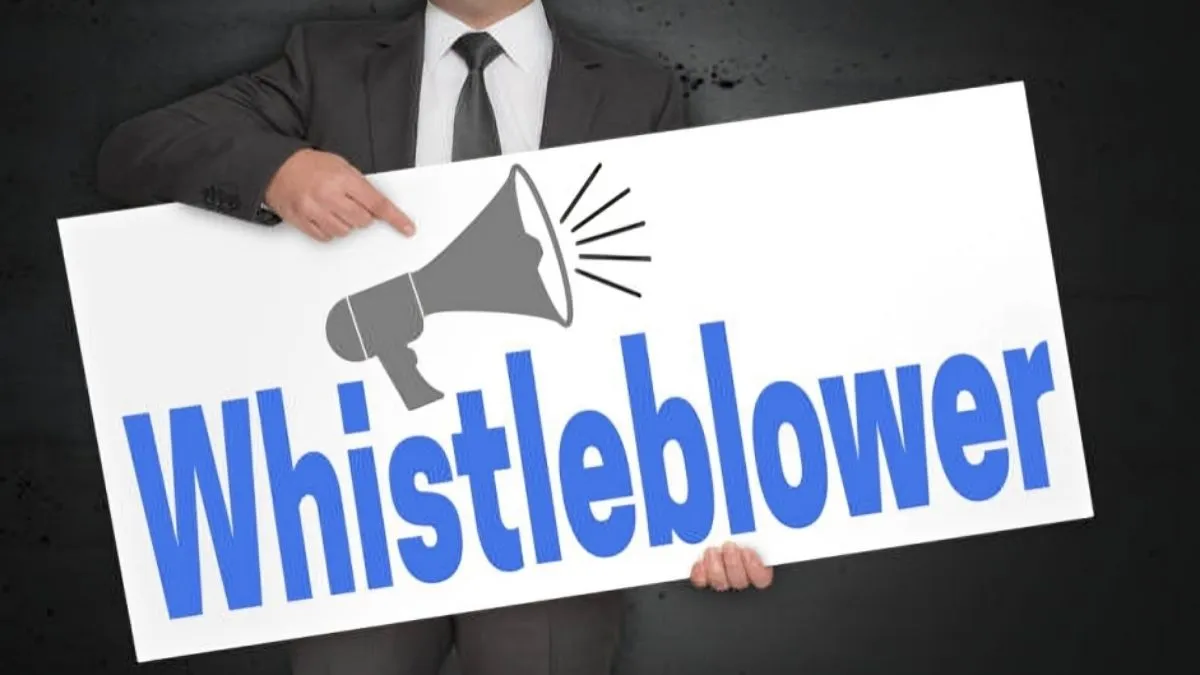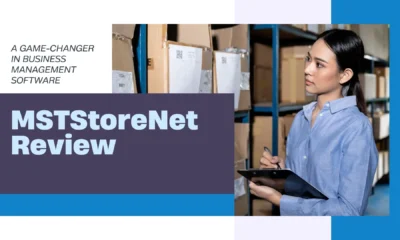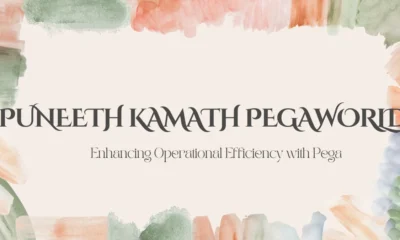LAW
How Whistleblowers Shape Corporate Accountability in Today’s Workplace

Who Is Considered a Whistleblower?
Whistleblowers are individuals, often current or former employees, who choose to reveal illegal, unethical, or unsafe behaviors taking place within an organization. Their motivations can stem from witnessing fraud, financial misreporting, environmental violations, or risks to public safety. Whistleblowers may come from any industry or level of employment, and their revelations frequently serve as the catalyst for reforms and accountability. Some of the most influential whistleblower cases in history have involved people with unique insight into their organizations or the courage to come forward under immense pressure.
The decision to step forward is rarely taken lightly, as it can carry significant personal and professional risks. For those in need of guidance, informative resources like https://ifightforyourrights.com/whistleblower-lawyer/ help individuals understand how to protect themselves and navigate the legal system. In fact, data from the Ethics & Compliance Initiative shows that as many as 42% of employees have observed misconduct. Among these individuals, a meaningful percentage decide to report, leading to investigations and, at times, landmark settlements or industry reforms. When ordinary people act as whistleblowers, they help safeguard consumers, protect the public, and keep organizations accountable.
The Motivation to Speak Up
Speaking up against misconduct requires a blend of personal conviction and a sense of civic duty. In some cases, whistleblowers hope to shield coworkers, customers, or even entire communities from harm. Others are motivated by direct impacts on their own work environment, such as unfair labor practices, unsafe conditions, or financial improprieties threatening job security. While some individuals take time debating internally whether to report, one frequent deciding factor is the presence of an organizational culture that rewards honesty and ethical behavior.
Studies consistently show that people are far more likely to report wrongdoing when they believe their concerns will be heard and fairly addressed. Most employees who raise concerns feel it is the right thing to do, particularly when supported by clear ethics programs and transparent leadership. When organizations lack a meaningful process, silence often prevails, leaving damaging problems unsolved and trust eroded. Real-world whistleblowers show that even in the face of personal or professional risks, the desire to make a difference can prove stronger than the fear of reprisal.
Legal Protections and Risks
Legal frameworks such as the Sarbanes-Oxley Act, Dodd-Frank Act, and various state-level statutes are meant to protect whistleblowers, providing remedies for retaliation and, in some cases, financial incentives for critical disclosures. These laws work to shield individuals from discrimination, wrongful termination, or intimidation in response to their actions. Nevertheless, the legal process can be complex and is not always straightforward. Some find protection inconsistent, and the burden of proof may still fall heavily on the whistleblower.
Those contemplating a whistleblowing act should familiarize themselves with the rights and protections specific to their industry and jurisdiction. The OSHA Whistleblower Protections page provides a straightforward overview of how federal laws safeguard individuals who report safety, environmental, and financial misconduct. Gathering strong documentation and seeking confidential legal counsel can significantly reduce exposure to risks. Many experts recommend keeping detailed, time-stamped records and communicating through appropriate channels to preserve anonymity and protect oneself from retaliation.
High-Profile Whistleblower Cases
Many of the most transformative changes in corporate policy, compliance, and even federal regulation have roots in whistleblower activity. Recent cases have included the exposure of corporate fraud at large financial institutions, revelations about defective medical equipment, and reporting of unsafe environmental practices. These incidents have led to significant penalties, sometimes in the billions of dollars, against organizations found to be in violation.
Importantly, these stories are not only about legal victories or monetary settlements. They often spark industry-wide reflection and serve as a warning to other companies to bolster transparency and compliance. Whistleblowers help establish precedents, shaping law, business practices, and even perception in society regarding the responsibility organizations have to the broader public. Cases that make headline news provide rare insights into the normally opaque world of corporate decision-making and can result in new protections for both consumers and employees.
The Value of Internal Reporting Cultures
Companies that foster a culture of trust and ethical openness differentiate themselves from organizations where employees are hesitant to speak up. An effective internal reporting structure allows concerns to be raised—and resolved—before they escalate to external authorities or become public scandals. According to NAVEX’s 2023 Workplace Ethics and Compliance Benchmark Report, companies with well-communicated, anonymous reporting channels experience higher rates of early intervention, ultimately resulting in fewer severe incidents and fewer regulatory fines.
Internal hotlines, online portals, and recurring ethics training sessions are common strategies adopted by organizations that prioritize transparency. Employees who feel their voices are respected are less likely to fear retaliation, making them more likely to step forward with crucial information. A healthy workplace environment not only mitigates legal and reputational risks but also boosts morale, productivity, and retention rates across teams.
How Companies Respond and Adapt
Company reactions to whistleblower disclosures range widely, from positive engagement to dismissive or even punitive responses. Organizations that adopt constructive strategies typically open investigations promptly, communicate results transparently with staff, and treat all parties involved with respect. These companies also tend to review policies after an incident, conducting thorough risk assessments and implementing additional training or safeguards to prevent future issues. Over time, such practices build trust and contribute to the organization’s long-term health.
On the other hand, poor or hostile responses—such as retaliating against the whistleblower, suppressing evidence, or delaying investigations—rarely stay hidden for long. With the prevalence of digital communication and rapid news cycles, inadequately handled complaints can quickly become public, damaging a company’s reputation and bringing regulatory scrutiny. The best organizations learn from each incident, using whistleblower reports as feedback for continuous improvement and ethical growth.
Practical Tips for Potential Whistleblowers
- Carefully document all relevant incidents, communications, and evidence in a secure, date-stamped format.
- Educate yourself on whistleblower laws and protections applicable to your location and industry.
- Whenever possible, utilize internal compliance or ethics reporting channels before reaching out to external bodies, unless the risk of retaliation is high or the law requires external disclosure.
- Seek advice from experienced legal counsel or reputable organizations specializing in whistleblower support, many of which offer confidential consultations.
- Always respect company confidentiality agreements, but understand that some forms of wrongdoing are protected disclosures under the law.
For those exploring their legal rights, resources like this whistleblower lawyer resource can provide additional clarity and assistance in navigating these complex issues and making well-informed decisions.
The Future of Corporate Accountability
As the role of whistleblowers continues to expand, industries are increasingly recognizing the value of transparency and proactive compliance. Societal attitudes have shifted to appreciate and support whistleblowers who place the greater good above the status quo. Legal and regulatory frameworks are also evolving, offering more robust protections and sometimes even incentives for those willing to come forward.
For the latest trends and ongoing policy changes, A window into how these individuals drive discussions around integrity, risk management, and workplace ethics. By implementing transparent practices and encouraging open channels for reporting, organizations set the stage for ethical success. At the same time, employees, equipped with knowledge and protections, can act as catalysts for meaningful change.
-

 BIOGRAPHY7 months ago
BIOGRAPHY7 months agoBehind the Scenes with Sandra Orlow: An Exclusive Interview
-

 HOME1 year ago
HOME1 year agoDiscovering Insights: A Deep Dive into the //vital-mag.net blog
-

 HOME1 year ago
HOME1 year agoSifangds in Action: Real-Life Applications and Success Stories
-

 BIOGRAPHY1 year ago
BIOGRAPHY1 year agoThe Woman Behind the Comedian: Meet Andrew Santino Wife




























